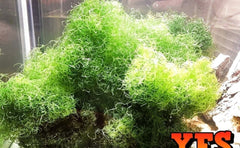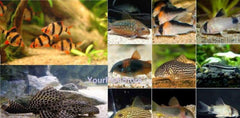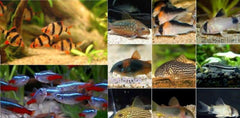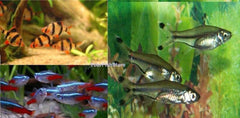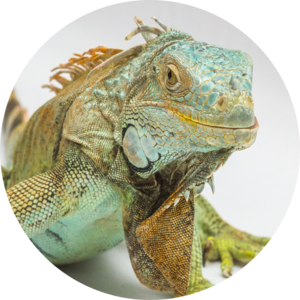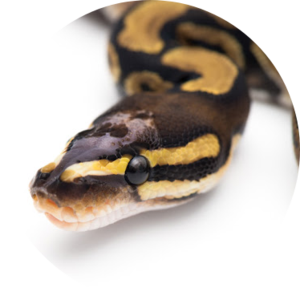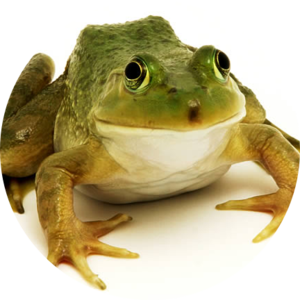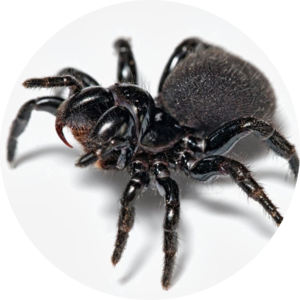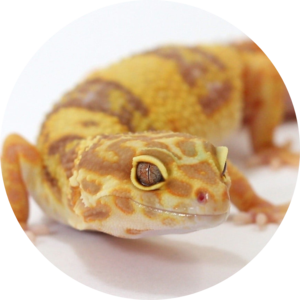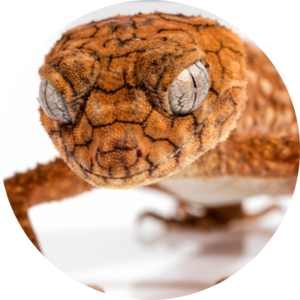X2 Assorted Symphyllia Indo Closed Brain Coral - Bulk Save

x2 ASSORTED SYMPHYLLIA INDO CLOSED BRAIN CORAL - BULK SAVE - FREE SHIPPING
In the wild, the Symphyllia genus forms flat or dome shaped colonies. These colonies have wide valleys that meander in curves and twists throughout the coral. At times the valley can be so spacious, such as on a new, single polyp, that it can look like a completely different species. Each polyp has a unique shape and some have bumps, or ridges in the middle of the polyp. Some of the names they are known for are Symphyllia Brain Coral, Brain Coral, Dented Brain Coral, Closed Brain Coral, Symphony Coral, Meat Coral, Wrinkle Coral, Pacific Cactus Coral, and Closed Lobophyllia.
Symphyllia sp. are usually creamy or pastel hues of greens, reds, creams, and muted browns with the valleys often having contrasting colors. At times, brighter green and white combinations can be found. They have been propagated in captivity with great success, leading to a variety of colors and combinations of colors. The names used by reef farmers are quite creative, such as Candy Apple Red Symphyllia, Minty Green Symphyllia, Red Twister, Baby Blue, Bleeding Apple Rainbow, Pink Rim Blue, Pink and Red Symphyllia, Nuclear Green, Boiling Point, and so forth.
The Symphyllia Brain Coral Is very closely related to the Lobophyllia genus, and though less common, they require much of the same care. This genus of corals can be confused with Lobophyllia, but are distinguished by the skeletal structure. Symphyllia corals have corallite walls that are joined or fused together, rather than having the separate corallite walls found on Lobophyllia species.
Like the popular Lobed Brain Coral Lobophyllia hemprichii, the Symphyllia Brain Coral is a good beginners large polyp stony (LPS) coral. Yet the Symphyllia Brain Coral is not as aggressive, and can actually be more tolerate of stings from other corals. For as hearty as these corals are though, they are sensitive to several soft corals, including Xenia and Litophyton species. Lack of growth and tissue recession is an indication that your brain is not happy.
The Symphyllia Brain Coral is one of the easiest of the LPS (large polyp stony) corals to care for, and it easy to propagate. Use moderate lighting, and a low to moderate water flow that is turbulent. Since they are found in several lighting environments, watch your coral to see how it responds in your tank and adjust the light accordingly. You can do this by placing the coral higher or lower in the tank. It is best to start at the lowest point and work up.
QUESTIONS & ANSWERS
Have a Question?
Be the first to ask a question about this.



